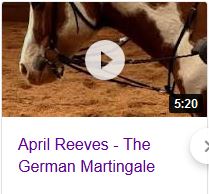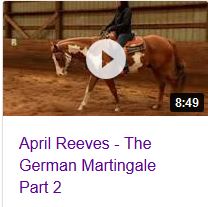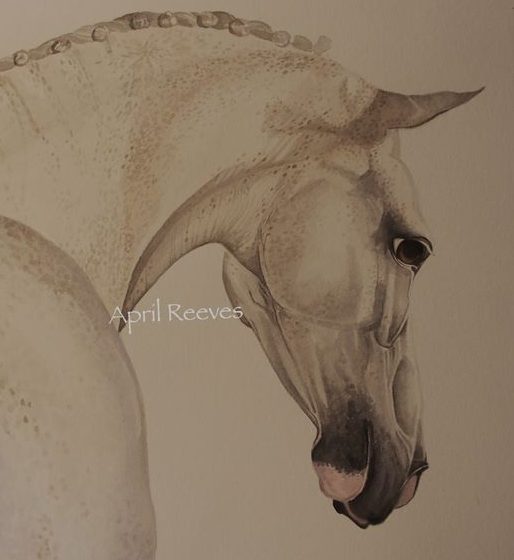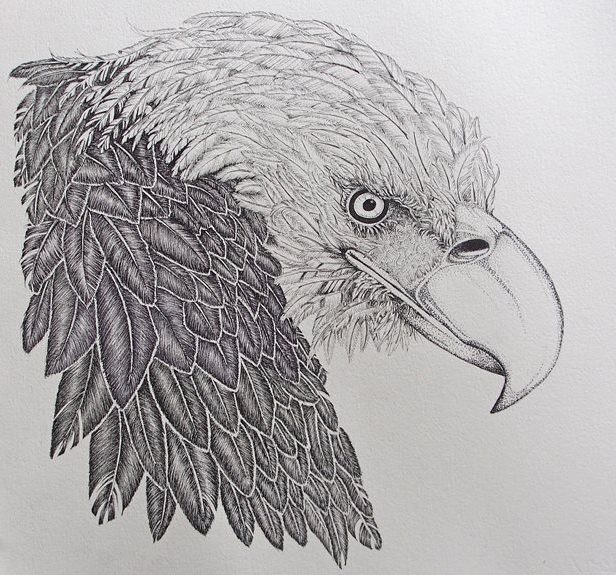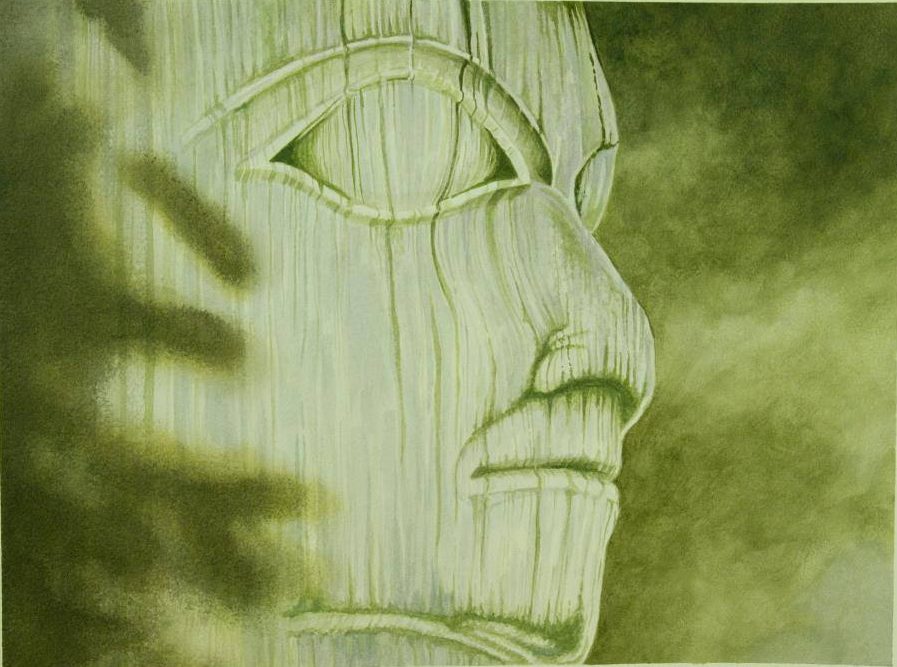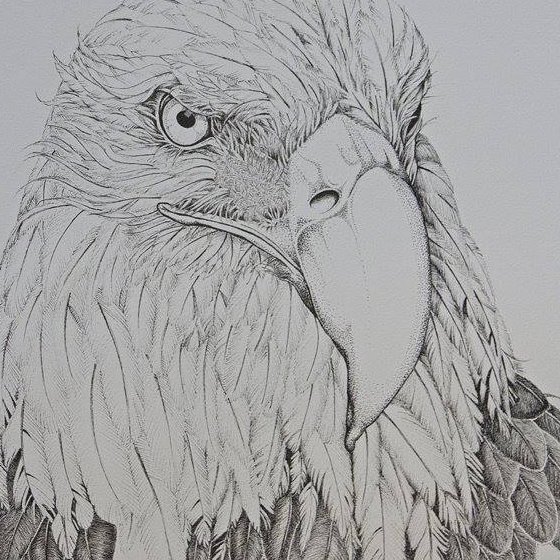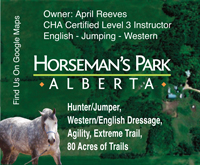Why your horse isn’t learning as fast as they should
By April Reeves
I have a herd of 10 horses. No matter how long I leave them, I can go out into the 80 acres, catch any one of them (most will come without a halter) and start off exactly where I left their training, regardless of how long that was. How does that happen?
This is the value of consistency. Not the type where you take a lesson then ride the way you always do the next day. No. This is the type where you say to yourself, “Today, I am going to ask at least one new thing and apply it every time I need to in a consistent manner until my horse understands the question.”
We don’t realize how damaging it is to the horse when we change the question. Example: you were taught how to back up your horse, but today, he does not want to back up and it’s been a few months since you asked for it. So you do what you know to get him to back up, but he hesitates and stalls out, so you try another method, same zero results, then you try something else while you get more aggressive and by this time, your horse is hyper anxious and tense and the entire lesson is lost.
You have just asked him more than one question and there is no way you will get any result you will like. Let’s use the backup as an example.





 You’ve probably heard lots of discussion about whether or not to work your dressage horse “deep.” There are a variety of opinions on the matter. Some riders warm up and cool down their horses “long and low” to stretch and loosen the muscles. Others always school in a balance and frame appropriate to the level at which they are working; they never stretch their horses. Many trainers school in a deep frame only during the movements when the horse habitually comes above the bit. Still others do all of their work “extremely deep” with the horse’s nose almost on his chest; they bring him up only when they are getting ready to compete.
You’ve probably heard lots of discussion about whether or not to work your dressage horse “deep.” There are a variety of opinions on the matter. Some riders warm up and cool down their horses “long and low” to stretch and loosen the muscles. Others always school in a balance and frame appropriate to the level at which they are working; they never stretch their horses. Many trainers school in a deep frame only during the movements when the horse habitually comes above the bit. Still others do all of their work “extremely deep” with the horse’s nose almost on his chest; they bring him up only when they are getting ready to compete.




